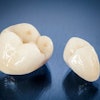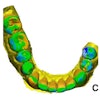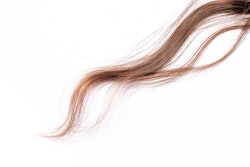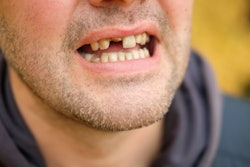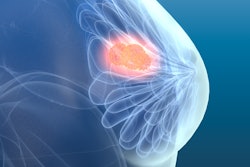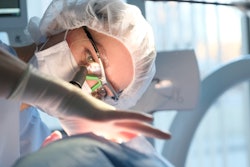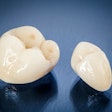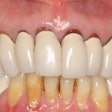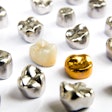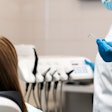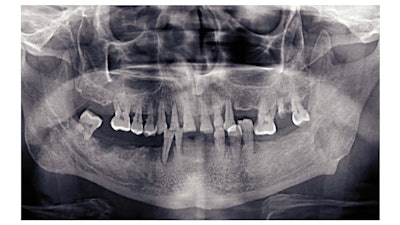
A correlation may exist between less mastication due to tooth loss and premature gray hair. This animal study, which is believed to be the first of its kind, was published recently in Genes to Cells.
A reduction in chewing due to tooth extraction led to the development of gray hair in the interbrow region of young mice, the authors wrote.
"These findings provide meaningful information for dental clinicians and suggest that the eruption of gray hairs in the interbrow area may be ameliorated by improving masticatory function," wrote the authors, led by Dr. Masae Furukawa of the Geroscience Research Center, National Center for Geriatrics and Gerontology, in Japan (Genes Cells, February 20, 2024).
The loss of teeth, specifically molars, are critical for chewing and quality of life. Meanwhile, the graying of hair, which results from the loss of melanin-producing cells, like tooth loss, increases with age.
To investigate the effect of a reduction in chewing on premature graying, upper first molars were pulled from young mice. For three months, they observed the mice, as well as the control group that didn't have their teeth extracted.
After the three-month period, gray hair grew in the interbrow region of the mice that underwent extractions. Premature graying did not develop in the control group, the authors wrote.
Compared to the mice that had their upper molars, the expression of tyrosinase-related protein 2 (TRP-2) mRNA was lower in the interbrow tissues of young mice with extracted molars.
Tooth loss may lead to interbrow gray hair growth, potentially due to weakened trigeminal nerve input due to tooth extraction or stress instigated by tooth removal. After molars are extracted or lost, prosthetic treatment is highly recommended, the study's authors wrote.
Nevertheless, the study had limitations. Though this study revealed that the development of premature graying was caused by a decline in chewing, its underlying mechanism is not known, the authors wrote.
In future studies, the underlying mechanism needs to be clarified, they wrote.
"PGH (premature gray hair) may originate from and grow in the interbrow region owing to the decrease in masticatory function," Furukawa and colleagues wrote.



